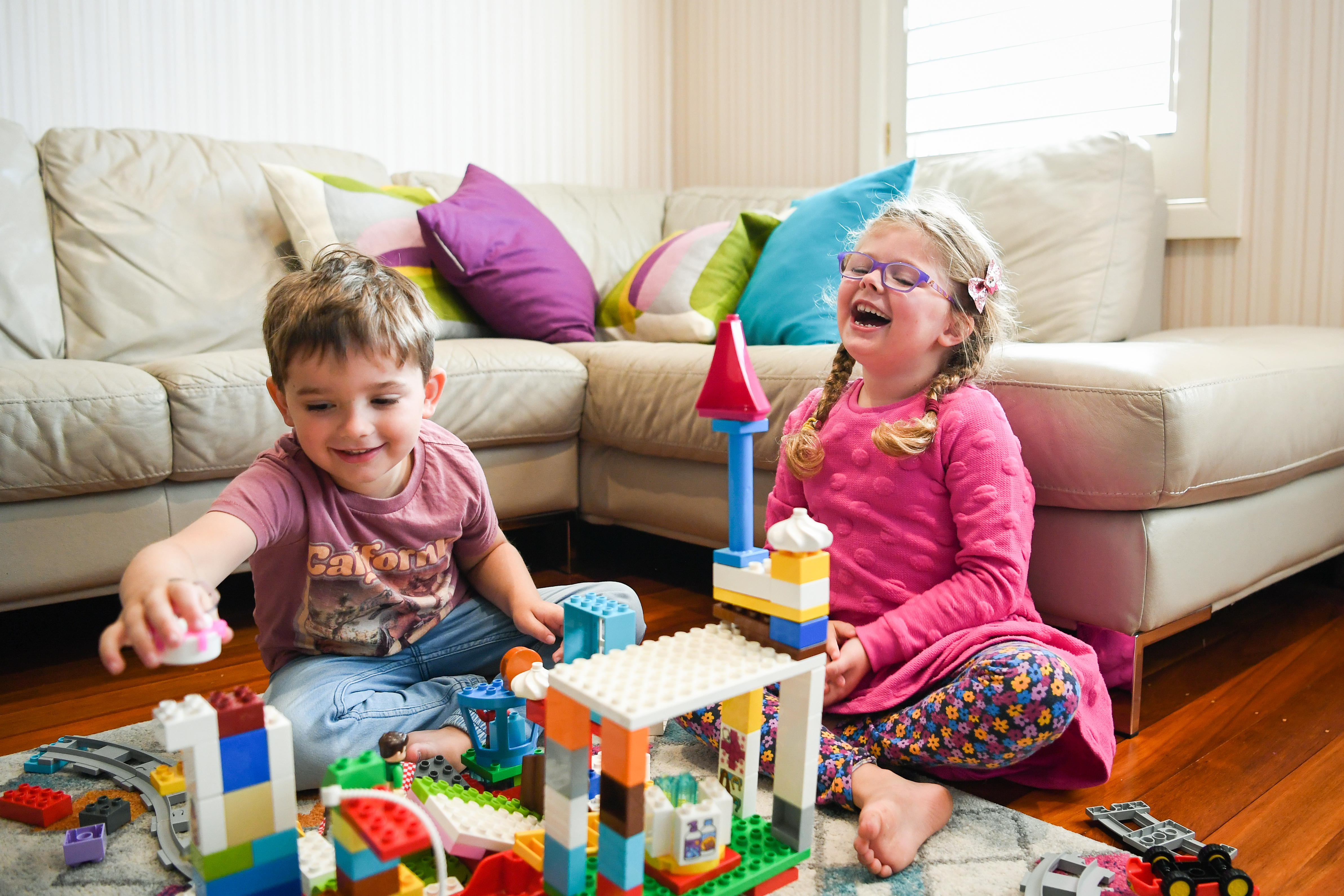Know the Signs: Would You Know if a Child Was Unsafe?
Most adults believe they’d know if a child was unsafe. But the reality is often different. Abuse and neglect don’t always leave visible marks. They can be hidden in small changes, such as a child who suddenly avoids their friends or a teenager who seems unusually fearful.
Recognising these early signs is vital. You don’t need to be an expert or investigator to play a role in protecting children. You just need to be alert, trust your instincts, and know when to act.
Why Children Don’t Always Speak Up
Many people wonder why children don’t simply tell someone when something is wrong, however disclosure is rarely that simple. Children may:
-
Feel afraid of the person causing harm. Abusers often use threats, manipulation, or control to silence children.
-
Carry guilt or shame. A child may believe the abuse is their fault or fear they will get in trouble for speaking out.
-
Worry they won’t be believed. If a child has been dismissed in the past, they may stay quiet even when they want help.
-
Not recognise abuse. Especially for younger children, harmful behaviour can be normalised, and they may not have the language to describe it.
This is why adults must look beyond words. Behaviour, routines, and body language often reveal distress long before a child finds the courage to say anything.
Behavioural Signs in Children
No single behaviour proves a child is unsafe, but patterns and sudden changes are worth paying attention to.
-
Changes in mood or personality. A happy, energetic child who suddenly becomes withdrawn, anxious, or irritable may be signalling distress. Likewise, a quiet child who suddenly becomes aggressive may be reacting to trauma.
-
Loss of interest in activities. Children might give up hobbies or sports they once loved, withdraw from friendships, or avoid family life.
-
Unexplained injuries. Frequent bruises, burns, or injuries with shifting or vague explanations should raise concern. While accidents happen, repeated unexplained injuries can be a red flag.
-
Fearful reactions. A child who is unusually anxious about being left with certain adults, or who avoids particular places or routines, may be trying to signal danger.
-
Changes in sleep or appetite. Nightmares, difficulty falling asleep, or sudden shifts in eating habits (loss of appetite or overeating) can all be signs of underlying stress or trauma.
-
Sexualised behaviour. A child displaying sexual knowledge or behaviours far beyond their age or stage of development is a strong warning sign of potential abuse.
Why Speaking Up Matters
You might hesitate to act, wondering: “What if I’m wrong?” But staying silent can be far more harmful than raising a concern that turns out to be unfounded. Even a small action, such as a conversation, a question, a phone call, could stop harm from continuing.
If you’re worried:
-
Document what you’ve noticed (behaviours, injuries, changes)
-
Share your concern with a trusted leader in the child’s life
-
Contact a child protection helpline for advice
-
If you believe a child is in immediate danger, call the police
You don’t need to have all the answers. You just need to be willing to notice, care, and act.
Creating a Safer Community
Children thrive in safe, stable, and supportive environments. By being alert to signs of distress, holding organisations accountable, and acting when something feels wrong, you can play a vital role in keeping them safe.
Every child deserves to feel secure. Every adult has the power to help make that possible.
